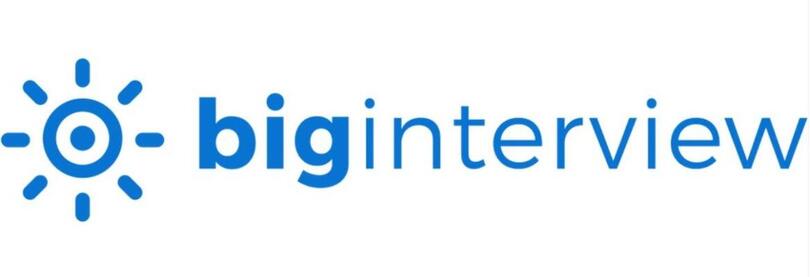Fellowship Interview Tips
You are here
Preparing for a Campus Fellowship Interview
Some fellowship committees invite selected applicants to interview.
Your interview is a chance to elaborate upon your application in order to give the committee a better sense of who you are and why they should be enthusiastic about your plans. It is also a chance to have a great conversation about your ideas and to receive useful feedback from individuals who have a wide range of experiences and expertise.
What to Expect
-
A committee of two or more individuals who have read your application.
Some committees are small and others are large. It is not unusual for some interviews to be a conversation between the applicant and five (or more) committee members. Don’t let this intimidate you. A greater number of committee members means a greater number of people who can provide you with valuable feedback and insight during the course of your discussion.
-
A committee comprised of faculty, deans, and other members of the Yale community with relevant expertise and experience.
You might recognize a committee member or two or they might all be new faces. Remember that each committee member volunteered to take part in this process and is glad to speak with students in this context.
-
A short conversation.
Many applicants feel that their interview is over before it has even begun, as most interviews are scheduled for 15-20 minutes. Keep this in mind as you are answering questions so that you make time for what you feel are the most important points, as well as for all the questions the committee wants to discuss before they have to decide about your application.
What to Prepare
-
A short summary of your proposed plans.
Many committees begin the interview by asking the applicant to summarize briefly what they are hoping to do with the support of a fellowship. Since time is short, keep this well under two minutes. You can (and should) get into more detail about your plans as the interview proceeds.
-
Updates about anything that has developed or changed since you submitted your application.
Do you have any new information about your internship? Have you made a greater number of contacts at your research site? Have you come up with a final version of the interview framework for your research?
-
An understanding of how your plans fit into your ‘big picture.’
The committee will want to know what experiences you’ve had in the past that qualify you for or sparked your interest in your proposed activity. They will also be interested in learning more about how you hope to build upon your proposed plans after you return to campus, during the following summer, or in the course of your life after Yale.

